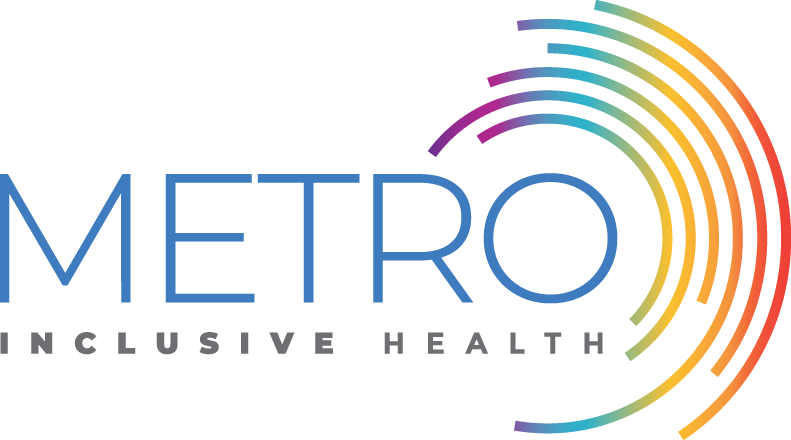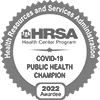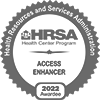A closer look at the symptoms of a common mental health issue.
Even though depression and depressive episodes can vary in intensity and length, they are a very common problem. According to the World Health Organization, more than 264 million people suffer from depression worldwide. With that being said, you may not know some of the symptoms this mental health problem can come with. And even when you know what depression looks like, you may not know where to turn when you’re living with its effects. Let’s change that.
5 Common Symptoms of Depression
Hopeless Outlook
Depression is a mental health problem that can change the way you view life in general. This is why having a hopeless outlook on life is one of the most, if not the most, common symptoms.
Increased Fatigue
Another reason you could be losing interest in the things you normally love is increased fatigue. You can feel an overwhelming lack of energy with depression, making it feel like an uphill battle to do a lot of things.
This can be a debilitating symptom, and often leads to over-sleeping.

Lost Interest
Depression can steal the joy out of doing things you normally love. A loss of interest or withdrawal from the activities you normally love like hobbies or going out with friends is another telltale sign of major depression.
Changes in Appetite and Weight
Weight and appetite can fluctuate quite a bit for people with depression. This experience is different for everyone: some may gain weight, others may lose it.
Note that changes in weight can be the result of many factors, including lifestyle and nutrition, or other medical conditions, which may require consulting your primary care doctor.
Uncontrollable Emotions
Depression can make you feel unstable to say the least, which means not being able to control your emotions and how you express them. One minute it can be uncontrollable sobbing, the next it could be lashing out in anger.
How Do I Overcome Depression?
First and foremost, we want to make it clear that treating depression looks different for everyone. There are several common ways depression gets treated, though. The first is psychotherapy. This is often referred to as talk therapy. There are a number of approaches to psychotherapy, but many therapists tend to specialize in a particular approach. Others may pull from multiple treatment styles with their clients.
The second is cognitive behavioral therapy (CBT). CBT is the most researched — and therefore most proven — form of therapy for treating conditions like depression. It’s a form of talk therapy that helps you change negative thoughts and behaviors that contribute to or worsen your depression. This short-term treatment often aims at learning new coping skills.
Medication in tandem with therapy can also greatly improve your depression. Medication isn’t for everyone though, and it’s important to know that that’s okay. Ultimately, when and how you seek treatment for depression is a personal decision, and your therapist or psychiatrist will work with you to determine the right path for you.
Treating Depression at Metro Inclusive Health

METRO’s Behavioral Health team stresses the importance of asking for help. Depression is common and treatable, and there is no shame in reaching out for new resources. Talk therapy with licensed professionals, who are trained to listen and encourage positive outcomes, is one of the most effective treatments.
Metro Inclusive Health offers individual and group support options that are accessible, convenient and affordable for all. Visit with a professional, licensed therapist in-person, or from the comfort of your home via TeleHealth. All you need is a smartphone, mobile device or desktop computer.
Together, we can build a brighter and more hopeful future, with a path to overall mental health and wellness.
While one person may benefit from talk therapy, another may benefit from medication and another may benefit from both. It’s about building the mental health toolkit that helps move you forward. Our psychiatric services can help you build this toolkit, and create the best version of yourself.
To learn more and schedule an appointment, call 727-321-3854.
Sources: VeryWell Mind | Healthline








